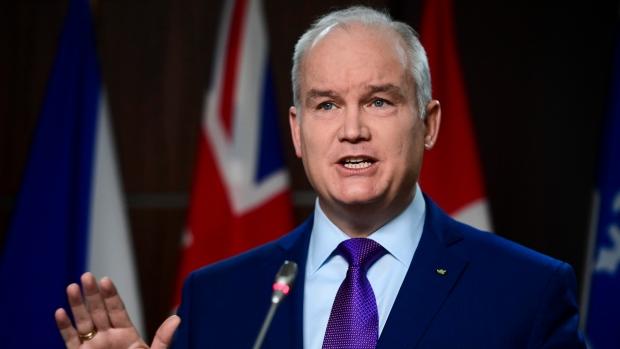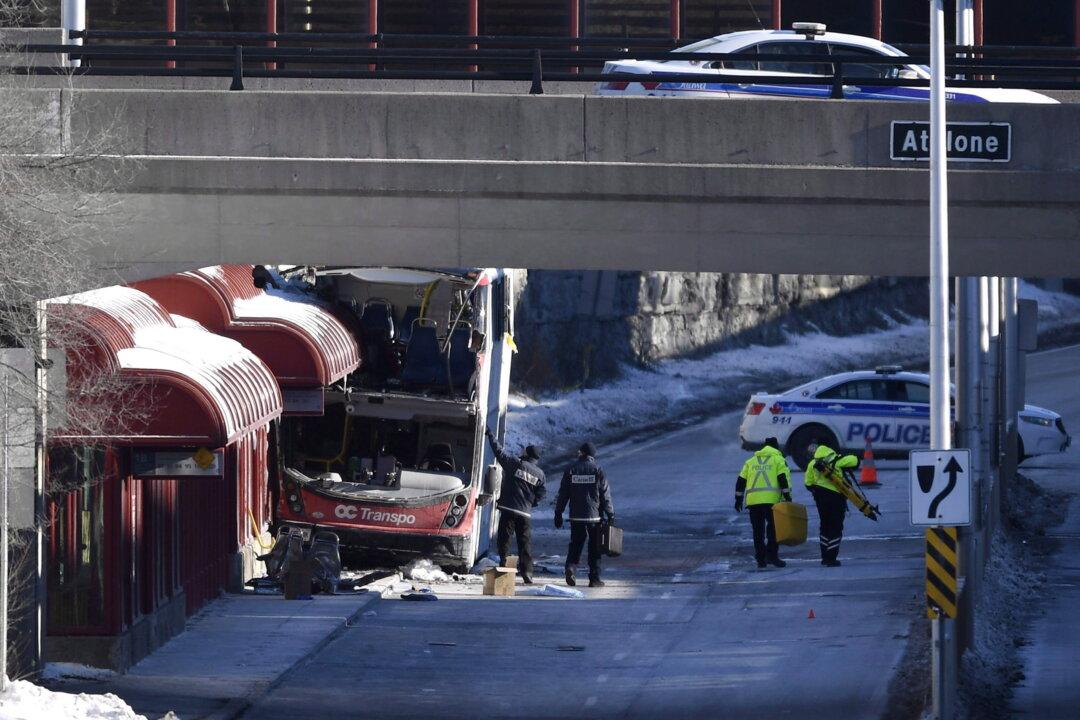OTTAWA—The Conservatives and New Democrats demanded more details from the prime minister Monday on whether he guaranteed former governor general Julie Payette would receive the customary benefits afforded to those who’ve left the post.
Payette resigned last week ahead of the release of a report concluding she oversaw a highly toxic work environment at Rideau Hall.





